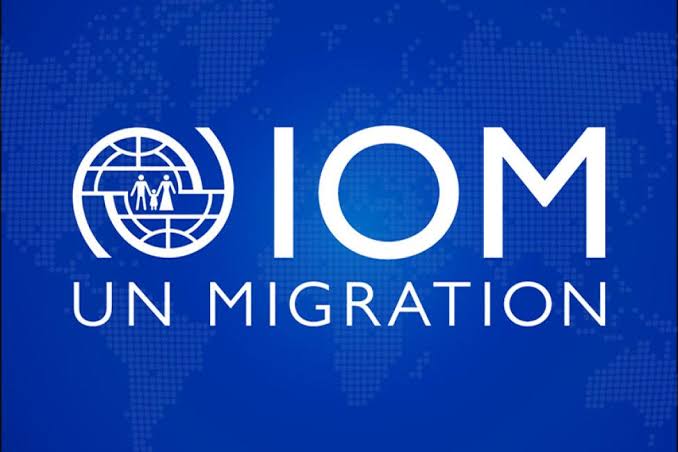The number of Nigerians living abroad has reached approximately 2.1 million, while remittances from the diaspora stood at $21bn, according to the 2024 annual report of the International Organisation for Migration, Nigeria, obtained by The PUNCH on Wednesday.
The report shows that Nigeria remains a major migration hub, serving as a country of origin, transit, and return.
At the regional level, the country is also the epicentre of displacement in the Lake Chad Basin, with over six million people affected — including 4.4 million internally displaced persons within Nigeria’s borders.
Nigerian emigration has surged by over 244 per cent, from 610,200 in 2000 to about 2.1 million in 2024.
The diaspora population, estimated at 17 million — including second- and third-generation Nigerians — contributes significantly to national development, sending an estimated $20.9bn in remittances in 2022, the highest in Sub-Saharan Africa.
These inflows are critical to household incomes, social welfare, and national investments, underscoring the diaspora’s importance as a national asset.
“By the end of 2024, IOM recorded a total of 3,575,144 internally displaced persons across Nigeria, primarily due to insecurity in the North-East and North-West regions, as well as climate-induced displacement caused by flooding and environmental degradation,” the report stated.
It added that internal displacement continues to pose major humanitarian and development challenges, restricting access to livelihoods, education, and durable solutions.
The IOM noted that migration patterns are shaped by economic hardship, insecurity, and climate change impacts, with irregular migration, human trafficking, and forced displacement remaining persistent concerns.
“In 2024, the number of Nigerian emigrants abroad reached approximately 2.1 million while remittances hit $21bn, underscoring the economic and developmental significance of the Nigerian diaspora,” it said.
Nigeria, according to the report, has intensified its migration governance efforts, taking a leading role in regional and international frameworks such as the Rabat Process and ECOWAS, promoting regular migration pathways and migrant rights while benefiting from regional free movement policies.
However, weak state presence and porous borders in conflict-affected areas hamper effective regulation of cross-border movement.
The IOM highlighted that its Assisted Voluntary Return and Reintegration programme has recorded an increase in returnees, making stronger reintegration mechanisms essential to prevent re-migration and ensure sustainability. It warned that gaps persist in post-return support, job creation, and economic reintegration — especially for youth and women returnees.
It further noted that border management remains fragmented, with limited inter-agency coordination, outdated infrastructure, and challenges in biometric data integration, all of which undermine Nigeria’s capacity to track and regulate migration flows.
“Going forward, enhancing migration governance will require greater intergovernmental coordination, investment in migration data systems, and stronger collaboration with regional partners. Strengthening diaspora engagement, expanding regular migration pathways, and reinforcing reintegration programmes will be critical to ensuring that migration serves as a driver of development rather than a source of vulnerability,” the report added.









